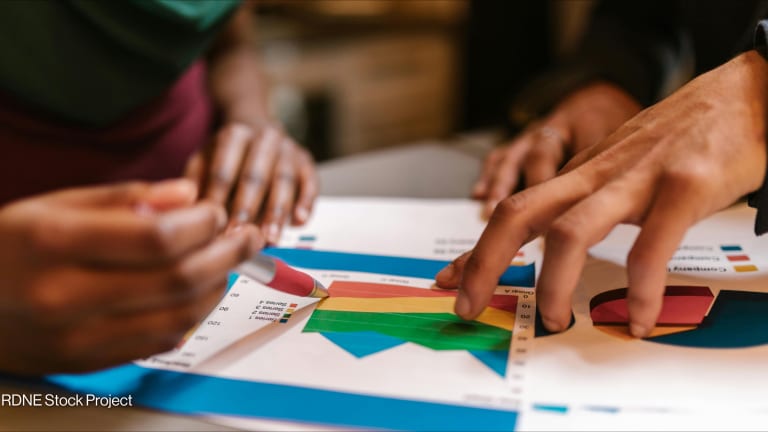English-language global development organizations use a wide variation of the LGBTIQ acronym to designate a broad and diverse community. But an absence of unity in language can lead to confusion and lack of visibility for the groups that make up this community. The first step is for international institutions to get on the same page regarding the language they use.
Around the world, the LGBTIQ community is continuously socially, economically, and politically marginalized. In many nations in Africa, the Middle East, and Asia, it is illegal to have same-sex relations, and in some nations, it is punishable by prison or death. On May 30, Ugandan President Yoweri Museveni signed the Anti-Homosexuality Act of 2023 that introduces the death penalty for acts it calls “aggravated homosexuality,” and criminalizes the “promotion of homosexuality” with prison sentences.
Globally, the LGBTIQ community continues to experience the effects of social stigma, making everyday life difficult and potentially dangerous for individuals and groups celebrating their shared identities. The international community has a moral obligation to support and defend the human rights of the LGBTIQ community just as they do other ethnic, religious, and racial minorities.








